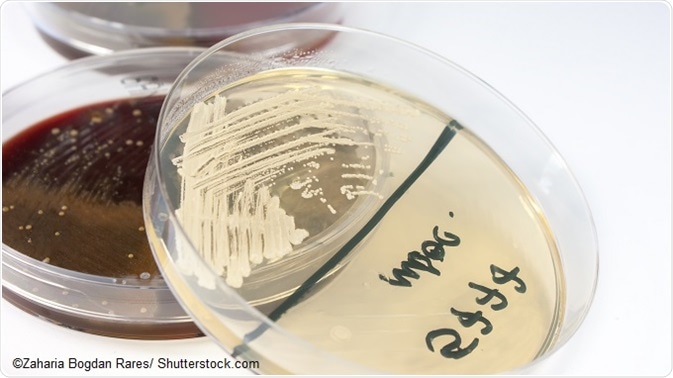For All The Latest Medical News, Health News, Research News, COVID-19 News, Dengue News, Glaucoma News, Diabetes News, Herb News, Phytochemical News, Cardiology News, Epigenetic News, Cancer News, Doctor News, Hospital News
Oral thrush or oral candidiasis refers to infection of the mouth with the fungus Candida albicans. It is usually harmless, is not contagious and is easily treated with antifungal medication.
The Candida albicans fungus exists at low levels in the mouth and digestive system in most individuals, but in some cases, overgrowth can occur and lead to symptoms. If this happens, white lesions develop on the tongue and inside of the cheeks. In some cases, the lesions may also appear on the gums, tonsils, the roof of the mouth and the back of the throat.

In healthy individuals, the immune system works to fend off any bacteria, fungi and viruses that it recognises as invaders, while also ensuring that the right balance is kept between the “good” and “bad” microorganisms that already exist naturally in the body. However, weakened immunity can mean this system fails to keep Candida albicans levels in the mouth in check. If this happens, the fungus flourishes, which eventually leads to symptoms of infection. Factors that can upset the immune system’s protective mechanisms include certain health conditions, the use of certain medications and some lifestyle habits.
Health conditions
Some examples of health conditions that can increase susceptibility to this infection include:
Cancer: Both cancer itself and many of the procedures used to treat it, such as chemotherapy and radiotherapy, can weaken the immune system, again increasing the likelihood of Candida albicans infection taking hold in the mouth.
Medications
The use of the following medications can increase the risk of development of oral thrush:
Lifestyle factors
Lifestyle factors that can upset the microbial balance in the mouth and lead to oral candidiasis include:
Symptoms of oral thrush may develop slowly or suddenly, depending on the underlying factor that may be causing the condition. They may persist for any period from a few days to a few months. Symptoms include:
Symptoms of oral thrush are an indication for the need to be examined by a doctor, since the condition will continue to cause discomfort unless it is treated. In some uncommon cases, untreated oral thrush can become severe and infection can spread to other parts of the body and cause serious problems. A doctor can usually diagnose the problem simply by looking at the mouth, although sometimes blood tests may be performed to check for underlying health conditions associated with oral thrush, such as diabetes.